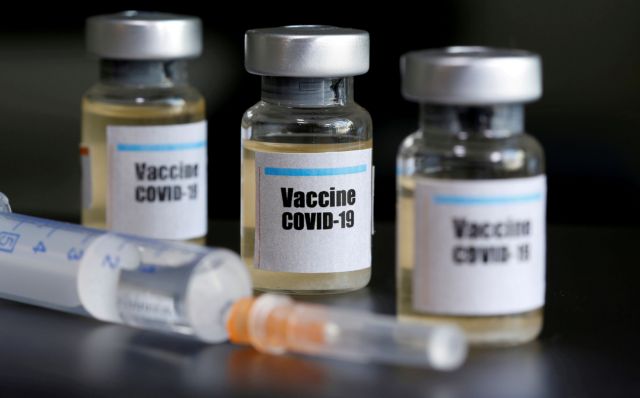The probability of myocarditis or pericarditis after being vaccinated with mRNA vaccines is extremely small, professor of Health Policy Elias Mosialos of the London School of Economics and Political Science (LSE) points out in a Facebook post.
According to the professor, 39 cases of myocarditis and 27 cases of pericarditis have been reported in England so far after receiving the Pfizer vaccine. The analysis of the data showed that the number of cases does not exceed those expected for a corresponding population of unvaccinated persons for the same period.
Professor Mosialos’ post
The chance of myocarditis or pericarditis after being vaccinated with mRNA vaccines is extremely low. In the UK they have so far recorded 39 cases of myocarditis and 27 cases of pericarditis after receiving the Pfizer vaccine. The analysis of the data showed that the number of cases does not exceed those expected in a corresponding population not vaccinated for the same period.
Analysis of data in the US showed that the chance of myocarditis or pericarditis after vaccination (if there is a correlation) is higher after the second dose and slightly higher with the Moderna vaccine (24.7 cases per million) in the 16-39 age group compared with the Pfizer vaccine (10.4 / million doses).
The vast majority of cases are mild and easily treated, patients stay in the hospital for an average of 4 days, and there are no reported deaths due to side effects.
The British regulator recently released data on thrombosis following the administration of the second dose of the AZ vaccine. The incidence, until last Thursday, was 1.5 per million doses and the mortality after specific thrombosis was 14.8%. Therefore the mortality per million doses is 0.22.
Further analysis of the data showed that the incidence is lower in the 18-49 age group (0.7 thrombosis per million doses) and higher in the 50+ age group (1.5 per million doses). If we reduce the total mortality, after a particular thrombosis, to the age group 18-49 (we do not have more detailed data) then it turns out that, with the data we have so far, the mortality, for this group, is 0.1 per million doses.
It is not possible to directly compare the data of the first with the second dose because we have different age groups and number of doses per age group, but it is obvious that the probability of specific thrombosis is much lower after the second dose, especially under 50 years.
Let me remind you that to date we have had 3,879,410 deaths due to Covid-19 disease and this number will increase significantly because most countries in the world do not yet have access to effective vaccines.












![Ελαιόλαδο: Ανάκαμψη στην παραγωγή, πίεση στην κατανάλωση – Τι αλλάζει έως το 2035 [γραφήματα]](https://www.ot.gr/wp-content/uploads/2025/07/elaiolado.2023-1.jpg)



![Ψηφιακά στοιχεία διακίνησης αποθεμάτων [20ο Μέρος]](https://www.ot.gr/wp-content/uploads/2025/12/taxes-scaled-1-1024x732-1.jpg)





















